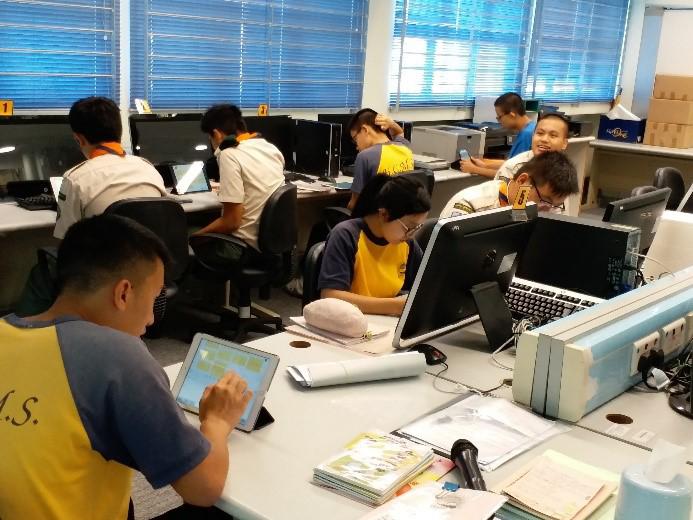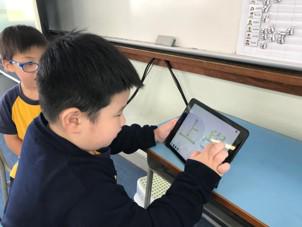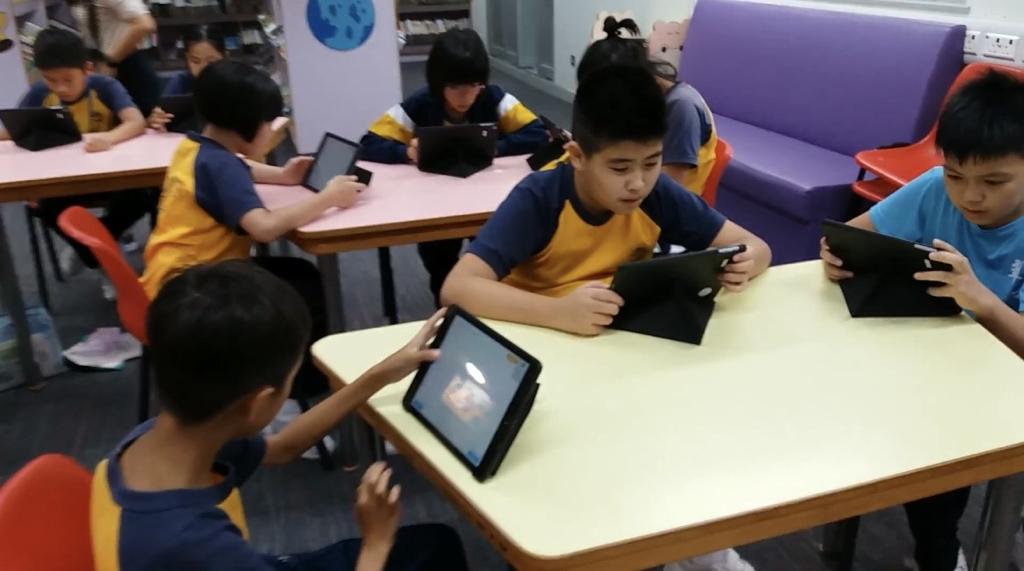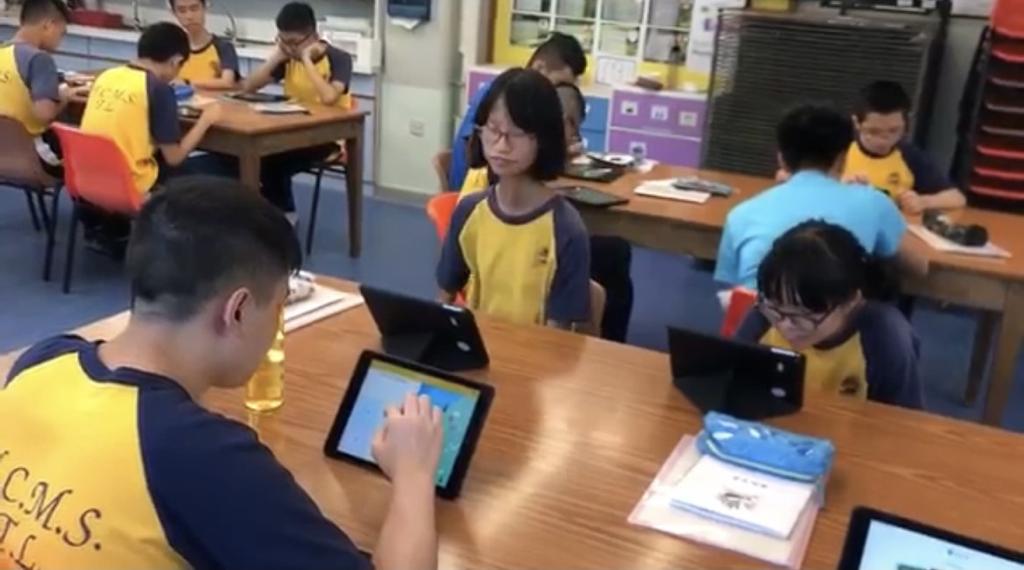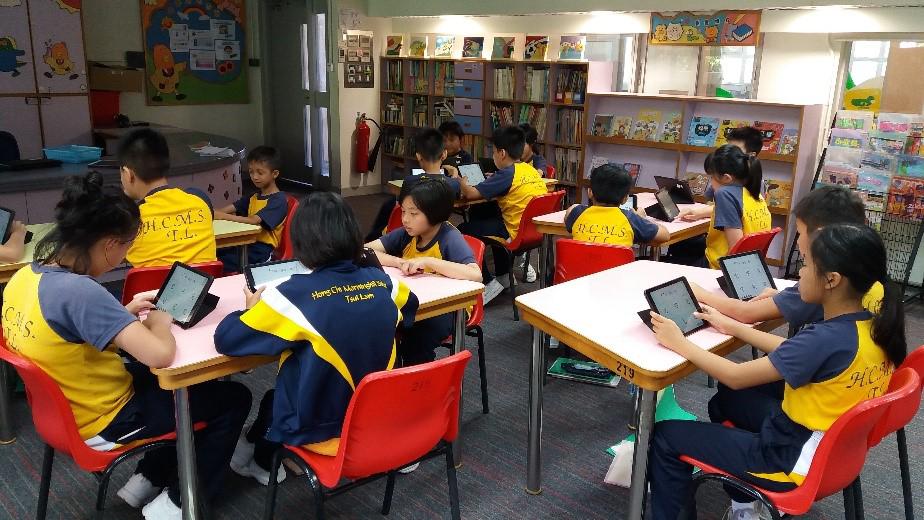Teaching Strategies:
Our school employs teaching strategies that are suitable for students with intellectual disabilities. These strategies include co-teaching, task analysis, visual strategies, multi-sensory teaching, and electronic teaching methods. Each subject adapts its teaching approaches based on the subject's focus and characteristics, utilizing diverse instructional models such as experiential learning, cooperative learning, inquiry-based learning, and project-based learning to cater to students' diverse learning needs.
The Teaching Strategies Committee plans collaborative lesson preparation sessions to facilitate instructional research and develop effective school-wide electronic teaching strategies. Teachers incorporate interactive teaching applications, such as RainbowOne, Nearpod, Kahoot, Bitsboard, Quizlet, etc., in their classrooms to enhance teacher-student and peer-to-peer interactions, promoting effective student learning.
In line with educational reforms, our school places great emphasis on cultivating students' learning habits, generic skills, and values education. Relevant elements are appropriately integrated into the core subject materials. For example, fostering reading habits, time management, and perseverance for learning habits; developing information technology skills, critical thinking skills, problem-solving skills for generic skills; and promoting values education such as a sense of responsibility, law-abiding behavior, and diligence to facilitate holistic development.
